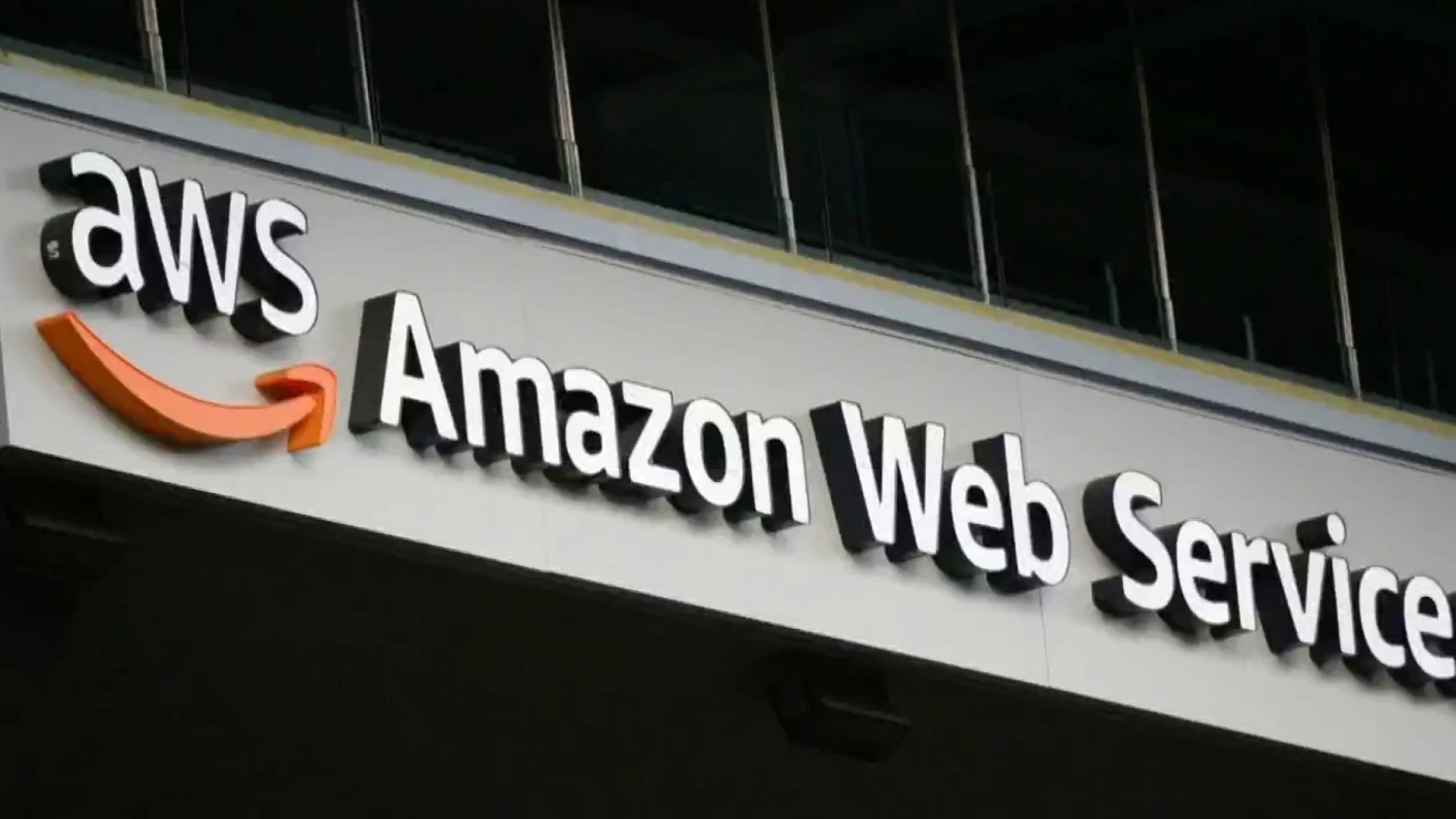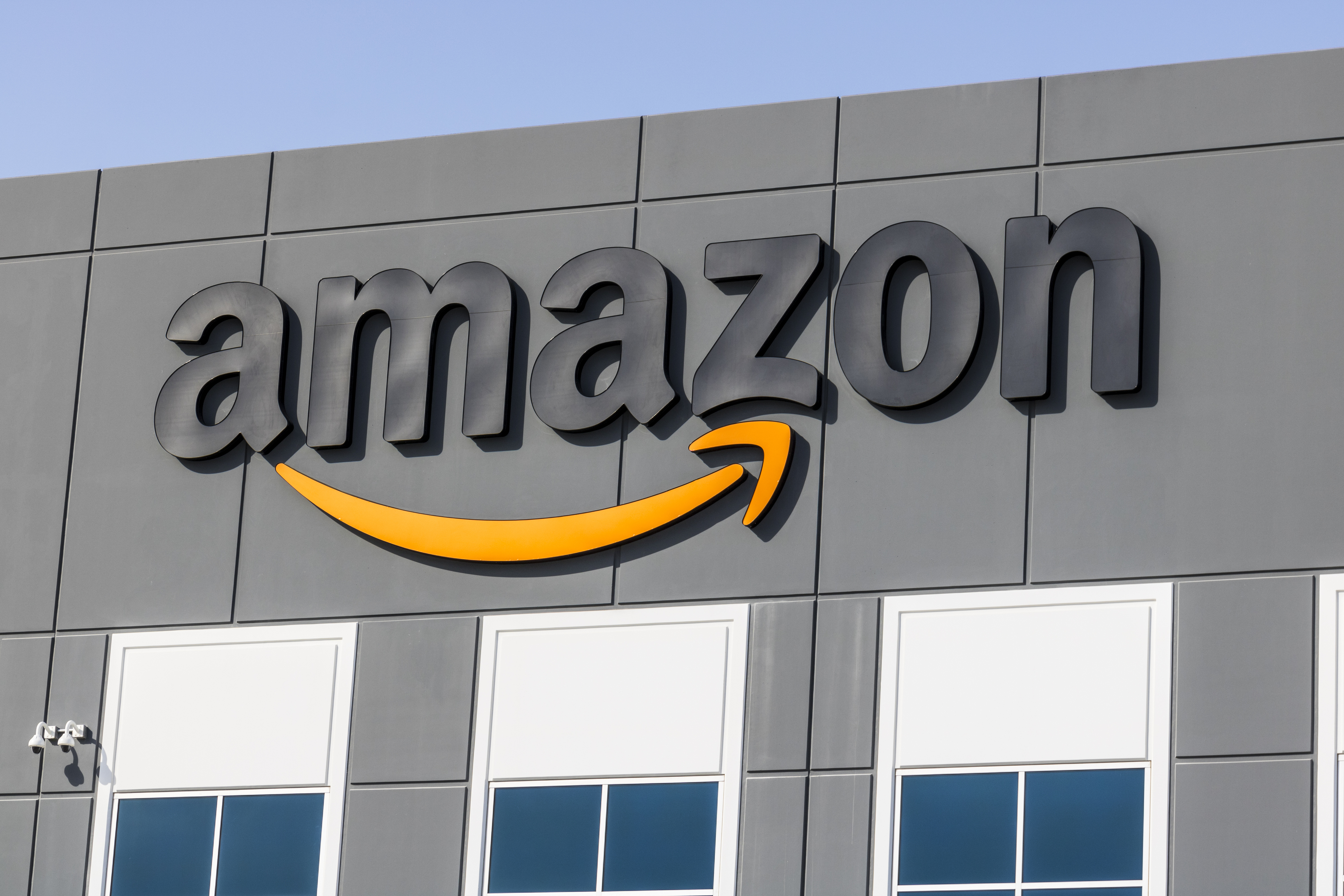When Amazon Web Services (AWS) goes down, the internet seems to pause. People across the world suddenly find their favourite apps, websites, and online tools not working properly. From streaming platforms and banking apps to gaming services and even government websites, almost everything relies on AWS in some form. But why does a single cloud provider’s outage cause such a massive worldwide impact? To understand that, it helps to know what AWS is and how deeply connected it is to the way we use technology every day.

Amazon Web Services, or AWS, is Amazon’s cloud computing platform. It allows businesses to rent storage space, computer power, and digital resources from Amazon’s massive network of servers. Instead of companies buying expensive hardware and running their own data centres, they can store their data and run applications on AWS’s “cloud.” This is faster, easier, and cheaper for most businesses because they pay only for what they use. As a result, AWS has become the invisible engine behind much of the internet, helping millions of companies operate smoothly.
The list of companies that depend on AWS is far longer than most people realise. Popular services such as Netflix, Disney+, and Spotify run on AWS servers, as do major social media platforms like X (formerly Twitter). Countless businesses, including Airbnb, Zoom, Coca‑Cola, and BMW, also rely on AWS to manage their online operations. Even government departments and hospitals use AWS for secure data management. So, when AWS suffers a technical glitch or network issue, users from every part of the world can feel the effects at once. For instance, e‑commerce sites may struggle to process orders, banks may face delays showing transactions, and flight systems can slow down or even stop working temporarily.
Although AWS is one of the most reliable cloud services, it is not completely immune to problems. Outages can happen because of software bugs, power disruptions, hardware failures, or configuration errors. Sometimes, even a small mistake in one part of the system can spread quickly, triggering wider outages. AWS has backup systems, but fixing these issues takes time, as engineers must trace and repair faults without risking further disruptions. Because AWS operates such a complex global network of data centres, restoring everything to normal can be a carefully planned and time‑consuming process.

The reason AWS outages have such a huge impact is simple: dependence. Over time, thousands of companies have shifted their services to AWS because it is secure, scalable, and cost‑efficient. This has created what experts call “cloud concentration risk,” meaning too many services depend on a single provider. If AWS goes down, the effect is like a domino — one problem leads to many others. The more digital the world becomes, the more serious this risk grows.
The financial fallout of these outages can be enormous. Even a two‑hour AWS outage can cost companies millions of dollars through lost sales, cancelled adverts, delayed transactions, and unhappy customers. Big firms often try to protect themselves by spreading their data across multiple cloud platforms — such as Microsoft Azure or Google Cloud — but smaller businesses often cannot afford that luxury. When AWS fails, they have no backup option and must simply wait until systems are restored. Over time, repeated outages can damage customer confidence and reduce a brand’s reliability.
Each outage serves as a learning point for both AWS and the companies that use it. Businesses are now encouraged to keep data backups, invest in system redundancies, and prepare communication strategies for downtime. Meanwhile, AWS continues to upgrade its technology to avoid future failures — improving security, power efficiency, and server stability. These investments are critical to maintaining trust in a digital world where billions depend on constant connectivity.

In the end, AWS outages highlight how much modern life depends on the cloud. Whether we are watching movies, shopping online, booking flights, or checking bank balances, all of it runs on massive data systems quietly operating behind the scenes. When those systems pause, the effects ripple across the globe. As technology keeps advancing, both companies and users must remember that reliability in the cloud isn’t guaranteed — it must be continuously built, improved, and safeguarded. Because in today’s world, when AWS goes down, the world truly feels it.
With inputs from agencies
Image Source: Multiple agencies
© Copyright 2025. All Rights Reserved. Powered by Vygr Media.























